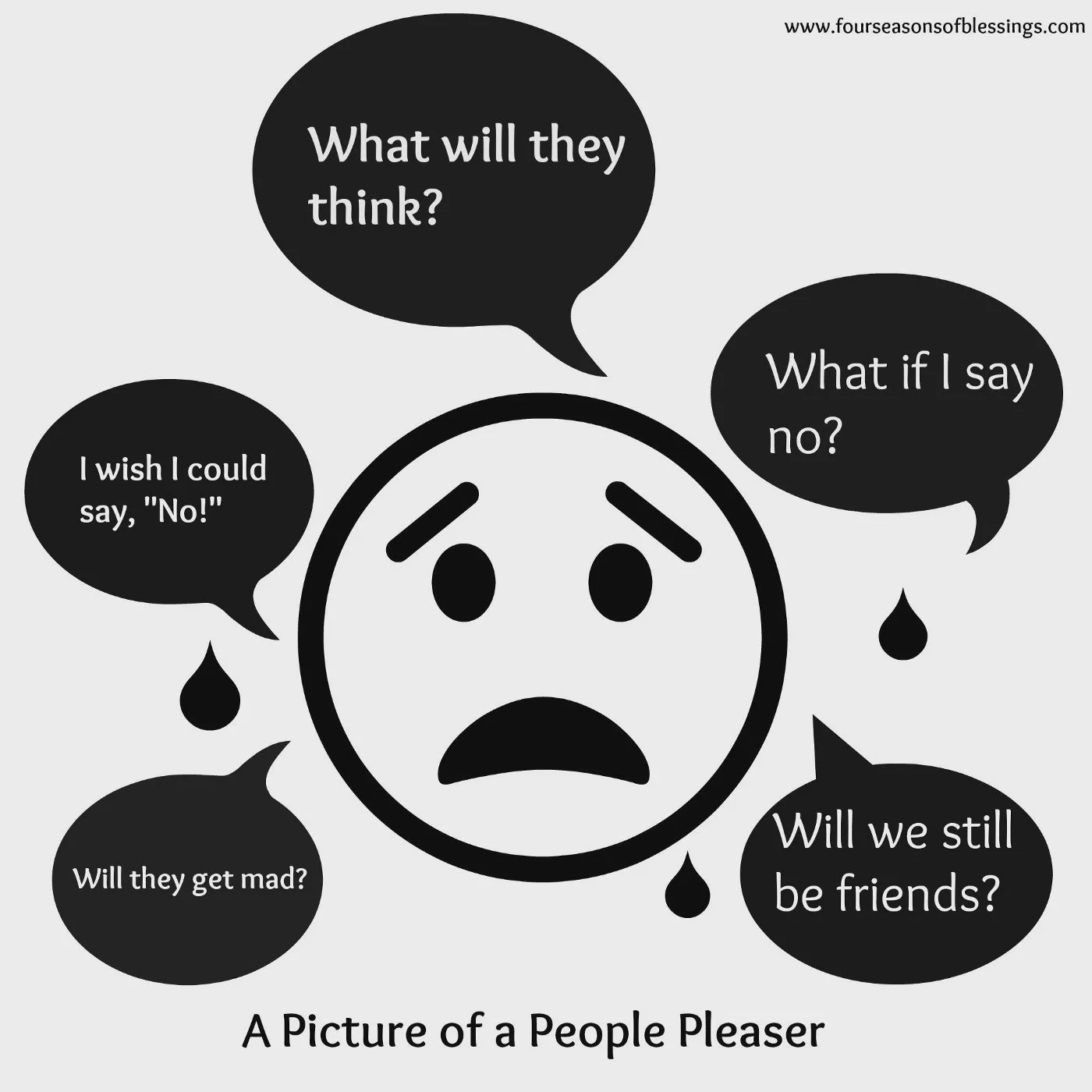The People-Pleaser’s Dilemma: Reclaiming Your Energy and Boundaries
Author: Ashleigh Diserio
During Mental Health Awareness Week, we’re invited to pause and reflect on the patterns that impact our emotional well-being, especially those we don’t always notice. One of the most common (and exhausting) is the compulsion to make others happy, often called people-pleasing.
At first, this trait can seem admirable, being thoughtful, accommodating, and considerate. But underneath that drive is often anxiety, low self-worth, or fear of conflict, all of which can chip away at your mental health over time.
Why Do We Feel Compelled to Make Others Happy?
According to therapist and author Nedra Glover Tawwab, people-pleasing is often “a response to anxiety. You think: If I make people happy, I’ll be safe, accepted, or loved.” But constantly putting others’ needs ahead of your own can lead to resentment, burnout, and disconnection from your authentic self.
In her book Set Boundaries, Find Peace, Tawwab writes:
“The desire to be liked is universal, but sacrificing your own needs for approval is a disservice to yourself and the people around you.”
How to Shift the Pattern
Here are some steps to take when you notice that pull to “fix,” “smooth over,” or “make happy”:
1. Pause and Check In With Yourself
Before you say “yes,” take a moment to pause. Just 30 seconds can make a big difference.
Ask yourself: Do I want to do this, or am I saying yes out of guilt, fear, or habit?
When you pause, you create space between the request and your response, which gives your nervous system time to calm down and your awareness time to speak up. People-pleasing often happens on autopilot, so interrupting that pattern with a check-in helps you respond from intention instead of compulsion.
2. Practice Tolerating Discomfort
Saying no or setting a boundary might bring up anxiety, guilt, or fear of disappointing others. That’s normal, but discomfort isn’t danger. It’s simply a signal that you’re stepping outside your usual pattern. Growth often comes with discomfort, especially when you're unlearning people-pleasing behaviors.
Remind yourself: It’s not my job to manage everyone else’s emotions. Allowing others to feel disappointed or even annoyed is part of building more authentic relationships.
3. Start With Small No’s
Begin by practicing small “no’s”, like declining a meeting that could have been an email, or saying, “Let me think about it and get back to you,” instead of giving an automatic yes. This builds confidence and shows your nervous system that you can say no and still be safe, loved, and respected. Over time, you’ll become more comfortable setting boundaries.
4. Focus on Mutual Respect, Not Just Approval
People-pleasing often comes from a desire to be liked or accepted, but approval isn’t the same as respect. Healthy relationships are built on mutual care and understanding, not one-sided self-sacrifice.
Ask yourself: Do the people in my life respect my boundaries, or only value me when I’m being helpful? If someone consistently expects you to overextend yourself for their benefit, it may be time to re-evaluate the balance in that relationship.
5. Get Support
Breaking free from people-pleasing often means unpacking years of conditioning. Maybe you learned early on that your worth came from being helpful or agreeable. Therapy, coaching, or peer support can help you understand those patterns and replace them with healthier, more empowering beliefs.
Working with someone who understands the roots of people-pleasing, especially if they stem from trauma or childhood dynamics, can help you heal and grow. You don’t have to figure it out alone.
Resources to Explore
📘 Set Boundaries, Find Peace by Nedra Glover
📖 The Disease to Please by Harriet B. Braiker, Ph.D.
🧠 Therapist Aid – free worksheets on assertiveness and boundary-setting
You deserve relationships and a life where you don’t have to sacrifice your happiness for others at your own expense.
If you’re ready to stop overextending yourself, feel more confident setting boundaries, and build emotional resilience, Diserio Consulting offers one-on-one coaching to support you.
Through personalized sessions, you’ll:
✅ Understand the roots of your people-pleasing habits
✅ Learn how to set and hold boundaries without guilt
✅ Build tools for managing anxiety and emotional overwhelm
✅ Practice putting your needs first—without shame
✅ Develop deeper self-trust and self-respect
Our coaching is compassionate, practical, and rooted in real-life application, because healing doesn’t happen from a script.
📩 Reach out to learn more about how we can support you. You don’t have to keep doing this alone.

